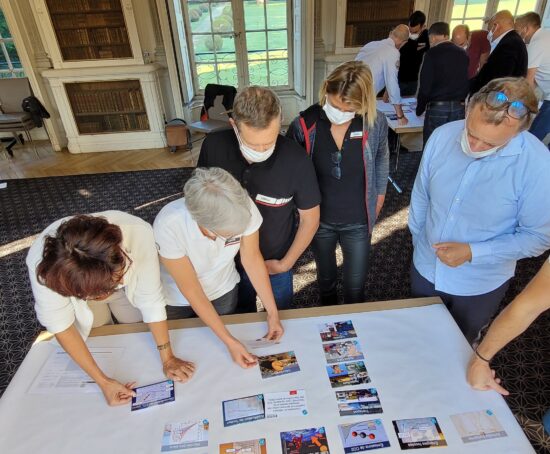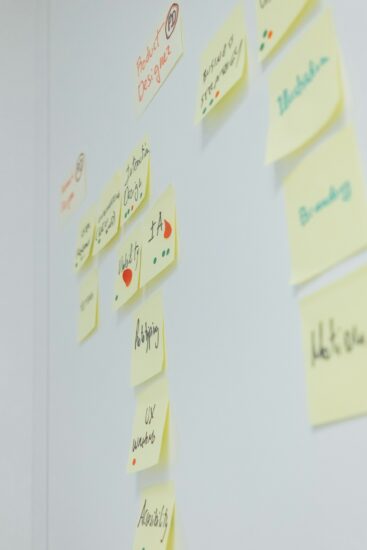
Implementing Value Management approaches
You want to understand Value Management (VM) approaches and see how they complement other approaches (project management, circular economy, agility).
Accueil » Trainings » Ecological Transition training » Structuring and leading a value analysis process

This training course is designed for project managers who will have to launch Value Analysis (VA) projects, as well as for people who will have to participate in a VA group.
One of the aims of this training course is to convey to participants the spirit, concepts and tools needed to implement the approach within their ecological transition or other projects.
Alternating theoretical and practical sessions will enable participants to appropriate the concepts and tools.
At the end of the course, trainees will be able to :
Project teams working on topics related to the ecological transition
None
21h (3 days)
Face-to-face on company premises or OF premises or distance learning
Inter-company or intra-company
Inter / Presential : 1328€ NET tax / participant
Inter / Distanciel : 750€ NET tax / participant
Intra / Presential : 6900€ NET tax / group
Intra / Distanciel : 6000€ NET tax / group
This training consists of several stages.
The first stage provides anunderstanding of the major concepts and principles structuring these approaches
A few points of reference on competitiveness and value :
The second stage of this training program provides a detailed presentation of the associated tools.
This stage involves looking at a few key initial points:
This step will enable participants to ask themselves the “right questions” about costs in value analysis:
The final stage of this program consists of giving participants a few keys to implementing these approaches within their projects.
The various concepts and tools presented will be applied to case studies throughout the course.
In this way, each theoretical part is followed by an immediate practical application.
In this way, training becomes more enjoyable for participants, as it is less lecture-based and enables rapid appropriation of concepts and tools.
Technical resources:
Minimum 6 people for inter
Maximum 14 people
Expert in value-based management, trained in the facilitation and management of collective intelligence, specialist in business transformation support.
Pre-course needs questionnaire and learning assessment quiz to better understand the audience’s level and expectations.
Follow-up and support for participants during case studies, exercises, role-playing and in-session tests.
Assessment of knowledge through a Quiz at the end of the course.
Post-training satisfaction and evaluation questionnaire.
Participants leave with a certificate of training in the MV approach.
This training course is eligible for level 1 certification as a “Value Management Participant” issued by AFAV.
Please note that AFAV is an independent association, and that Connection Leadership is not authorized to issue certification directly.
Entry to the certification process is an individual decision for trainees, who must apply to AFAV.
However, Connection Leadership can act as an intermediary between participants and AFAV.

You want to understand Value Management (VM) approaches and see how they complement other approaches (project management, circular economy, agility).

You want to understand the causes and consequences of climate change.

You want to master the 8D method to solve problems collectively and control the risk of problems reappearing.